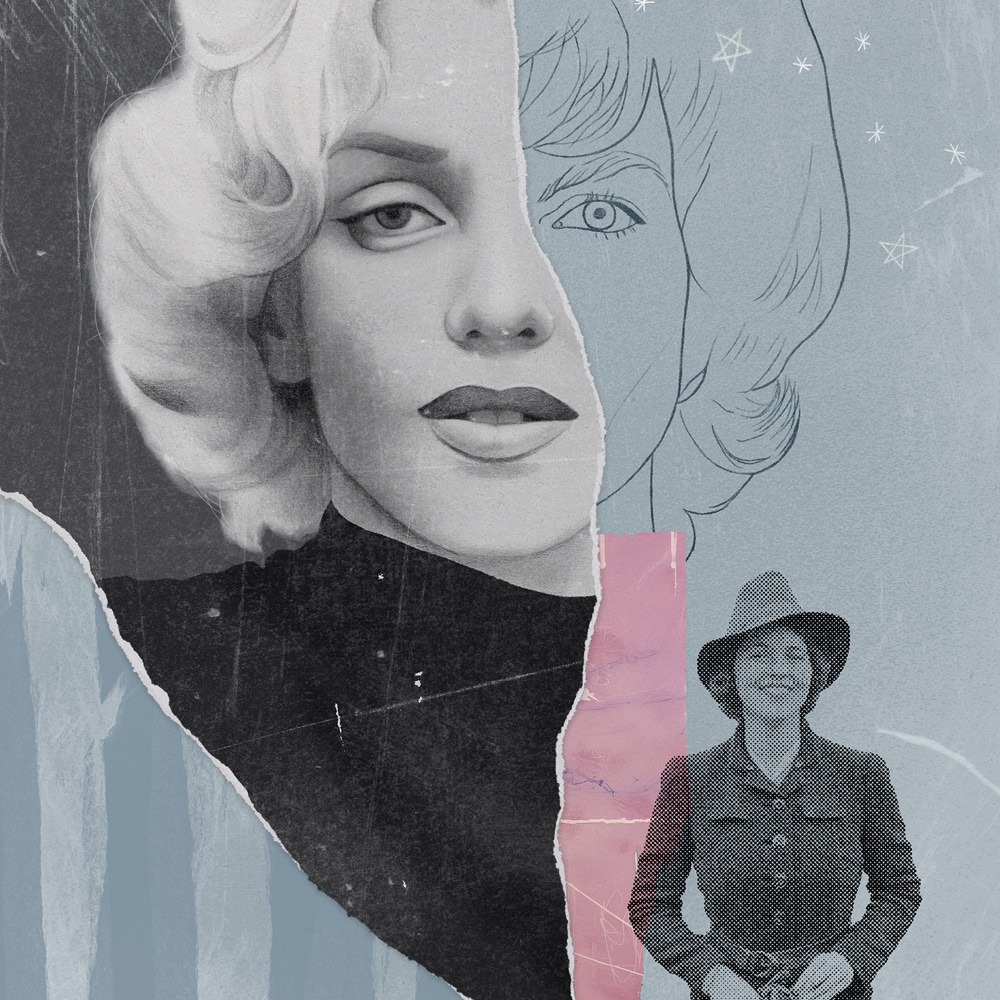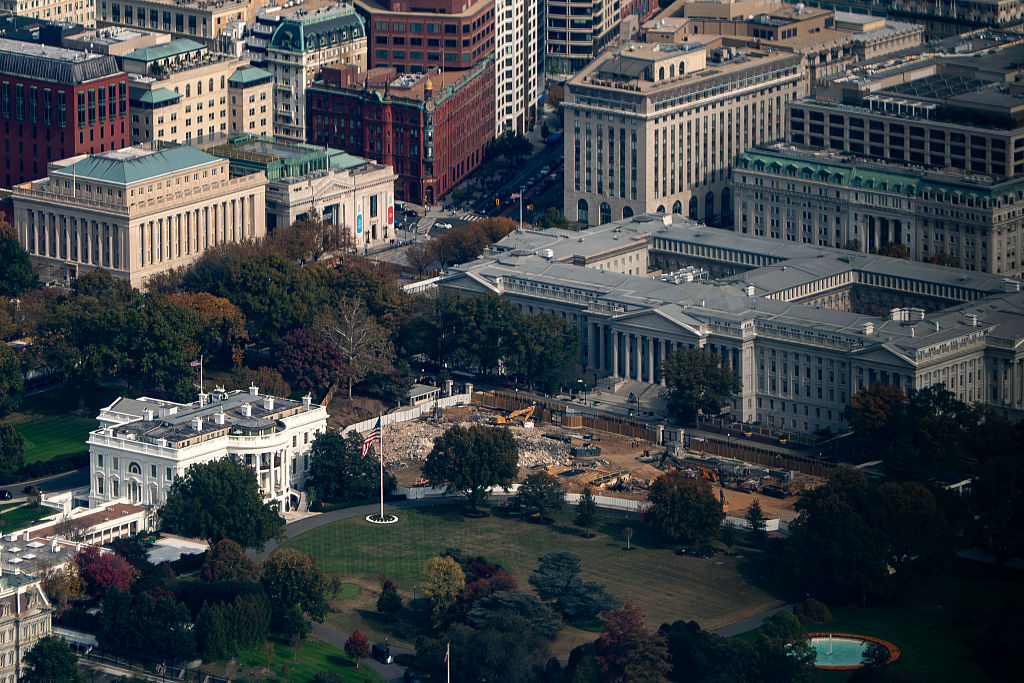Long before the #MeToo movement shattered the careers and reputations of people like Harvey Weinstein and Kevin Spacey; long before Jeffrey Epstein and R. Kelly were locked up for committing heinous sex crimes; and long before we’d become familiar with names like Monica Lewinsky and Virginia Roberts Giuffre, there were the Kennedys.
In very basic terms, that’s the premise of Maureen Callahan’s book Ask Not — a title that riffs on JFK’s inaugural address — which salaciously chronicles how men from three generations of one of America’s most exalted families spent their lives perpetrating violent misogyny and psychological abuse without suffering so much as a polite slap on the wrist.
Ambitious in scope and breathless in delivery, Callahan’s book succeeds on a number of fronts. First, and most obviously, it expertly panders to our innate hunger for drama, chaos and crisis. Assassinations, rapes, car and plane crashes, suicides, murders, overdoses, sordid affairs with underaged babysitters and a president who coerces a young aide to have sex with him in the first lady’s bed? Ask Not has it all.
The book also shines valuable light on one of capitalism’s most pernicious features: that it tends to afford rich people blissful impunity, regardless of the egregious nature of the crimes they commit. Thirty-four felony counts? No serious obstruction on the road to the presidency, as it turns out.
Amid all the lewd and titillating detail speculating that JFK’s sexually transmitted diseases probably caused Jackie’s miscarriages, and the story of how Ted Kennedy once crashed his car into a pond and then walked off to quash the bad PR while a young campaign worker in the vehicle suffocated to death, Callahan’s writing achieves something else. It gives the people whose lives the Kennedys destroyed, either literally or figuratively, actual faces.
For decades, the Kennedys wielded their status, star-power and wealth to ensure these women were reduced to footnotes in a story of inconvenient collateral damage. But in Ask Not, Callahan attempts to rewrite the narrative. It’s too late, of course, but in her version, these victims are real, complex humans who never got justice but who certainly become more than nameless ghosts in the Kennedy story.
Ted Kennedy’s passenger on that fateful night in 1969, for example, was Mary Jo Kopechne. After driving off a bridge, Ted managed to climb out of the car relatively unscathed. Mary — at the time identified by media outlets as simply the “blonde” — struggled for hours, then suffered a harrowing death. Ted, Callahan recounts, waited until morning before notifying law enforcement of the crash.
In another episode, on the night before Halloween in 1975, Martha Moxley, a fifteen-year-old high school student, was murdered. She’d been beaten with a steel golf club — with enough force to break it — just yards from her house in Greenwich, Connecticut. In 2002, Michael Skakel, a cousin of the Kennedys, was convicted of her murder. In 2018, however, that conviction was overturned. Just another example of the Kennedy prerogative? Callahan suggests as much.
There was also Pamela Kelley, who in 1973, Callahan writes, was paralyzed from the chest down thanks to Joseph Kennedy II’s reckless Jeep driving. Pam and her sister suffered the twin misfortunes of first being lured into the Kennedy social circle, and then being passengers along for that disastrous ride. Pam spent the rest of her life in a wheelchair. Joe walked away with a $100 fine.
And then — of course — there was Rosemary, eldest daughter of Joseph and Rose Kennedy, the sister to JFK and RFK. She displayed learning difficulties and didn’t live up to the mental and physical standards expected of a child of the dynasty. Her punishment was savage: an involuntary lobotomy arranged by her Hitler-sympathizing father that left her with the mental capacity of a two-year-old. Rosemary was bundled away to a special school in Wisconsin, where — as Callahan notes — she wouldn’t sully the pristine Kennedy name. She died there in 2005.
Callahan’s account of these women’s lives by no means corrects the injustice they suffered of being all but erased from history. Indeed, in some passages the style of her storytelling — tabloidy with wide-eyed sensationalism — risks undermining the seriousness of the subject. Her characterization of Jackie also raises questions, though this may well be down to the style-icon-first lady-turned-introverted-book-editor’s mercurial personality.
Fundamentally, though, Callahan’s writing does achieve something important: it challenges us to ask whether our American heroes — all windswept hair and brilliant teeth and deep tans and staunch patriotism and impeccable manners and infectious charisma — are really who we think they are. It urges us to consider how our impressions of them might be different if we knew more about those who surrounded them: the helpers, the staff, the aides, the arm candy. Who do we want the Kennedys to have been? Or put differently: what happens if we remove the gold-tinted lens of nostalgia?
Some have legitimately probed the reliability of Callahan’s sourcing. That’s fair and necessary. But it would be wrong to dismiss Ask Not as a mere lazy smear campaign designed — rather late in the day — to derail RFK Jr.’s weird pitch for public office. There’s more substance and rigor, with more at stake. And anyway, no Kennedys need help derailing themselves anymore. That shiny yacht has long since sailed far from Hyannis Port.
This article was originally published in The Spectator’s November 2024 World edition.























Leave a Reply